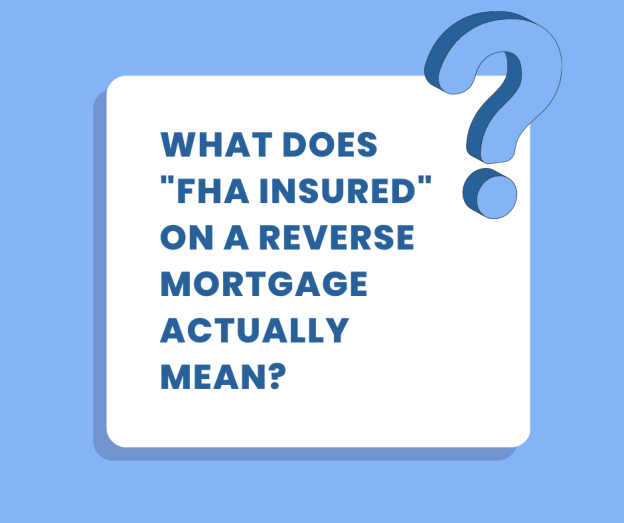Do you have clients thinking of pulling out of equities due to Bear market fears and volatility? A HECM “reverse mortgage” stand by line of credit can provide security that keeps them invested during trying times.
Any advisor that has served clients through the uncertainty and volatility of a prolonged bear market. Have seen a portion of their clients pull fully out of equities to the detriment of their financial plan and long-term financial security. I personally know several individuals that pulled completely out of markets after the 2008 fanatical crisis and never returned. Several of these are clients of mine that have completed a reverse mortgage. They fortunately saw their real estate value rebound and surpass the value they had prior to the 2008 housing bubble. Unfortunately, they did not get the benefit of seeing their stock portfolio fully recover and accede their losses because they sold their equities at or close to the bottom of the market, and were not given. To add insult to injury, the low interest rate environment that prevailed for more than a decade made investing in instruments like bank CDs basically moot.
Are Your Clients Thinking of Pulling Out of Equities? Consider Pointing Them Toward a Reverse Mortgage.

After thinking of all of my clients that approached me for guidance concerning a reverse mortgage after their retirement resources had languished with little or no return for years. I started to ask myself a question. Would these clients be better off today if they would have leveraged a reverse mortgage during the down years of the economic cycle and held on to their equites in order to see them recover? I believe the answer is yes.
I have been reviewing data from renowned retirement income researcher and author Wade D. Pfau, Ph.D., CFA, RICP(R). Dr. Pfau is the program director of the Retirement Income Certified Professional® designation and a Professor of Retirement Income at The American College of Financial Services in King of Prussia, PA. As well, he is a Principal and Director for McLean Asset Management. His data helped me come to my conclusion. He lays out a scenario in his book, Reverse Mortgages: How to use Reverse Mortgages to Secure Your Retirement (revised for 2022). The section titled, “Reverse Mortgages and the perfect Storm Facing Retirement Income in 2022” contains the following scenario: a client with 1 million invested in 1962 completes a reverse mortgage. The client lets the reverse mortgage line of credit stand by and grow until the market downturn of 1970, 1974 and 1975. In these years, the client runs on the cash flow feature of the reverse mortgage while stopping distributions from their retirement portfolio. By using this strategy, the sequence of return risk would have a portfolio valued at 2.25 million in 1995. The client that stays invested and maintains distributions during these down has a portfolio balance of $0. All of this assumes a 3.95% withdrawal rate from the client’s portfolio.
Reverse Mortgages are Worth a Look for Risk-averse Clients
In closing, all of your clients have heard the following statement through the years. “Don’t panic sell during downturns in the market stay invested! However, we all know that this logic can and does go out the window when the bear is scratching and clawing at the front door. Many of your clients may have been disciplined and or fortunate enough to have put back enough cash to use during down market cycles. I would dare to say that most advisors have just as many or more clients that have not. Many people solely depend upon qualified IRA or 401K account balances that they accumulated in their working years. For these clients I believe the standby line of credit reverse mortgage strategy deserves a hard look.


